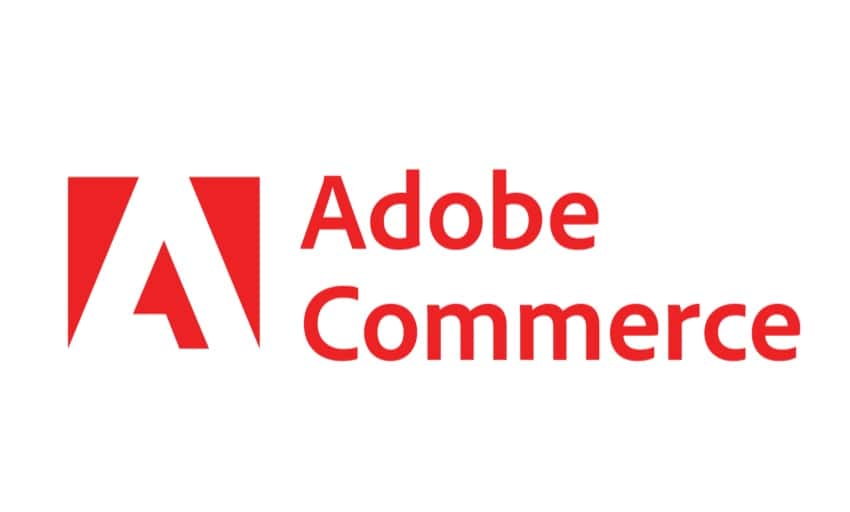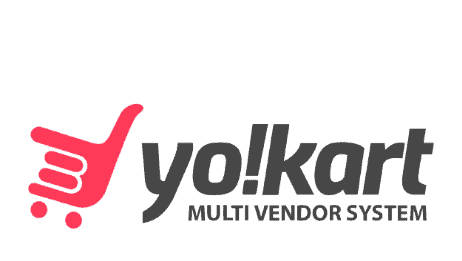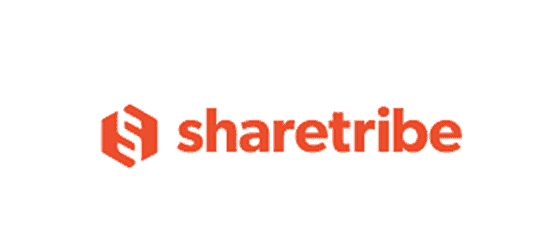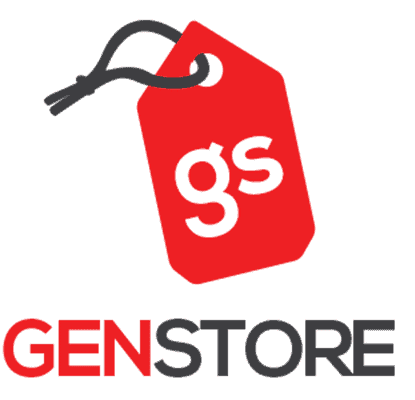Our lives were changed beyond comparison when the internet was first created. We have embraced this technology, and since its development, we have ensured it feels welcome in every imaginable field. Today, no activity, work, or pleasure can be carried out without stumbling onto the web.
Opportunists saw this as a chance to strike big, and the world of e-commerce was born. The use of the internet in order to create a platform where consumers and sellers come together to carry out transactions is the new ‘it’ business. Many, such as Amazon, Flipkart, and eBay, have cashed in on it, and in the process, made millions for themselves. This business is given the name ‘e-commerce marketplace’.
It is probably the most ingenious way of using this platform, as the driving idea behind the internet was connectivity. This is what an e-commerce marketplace does: it connects the consumer to the service provider and facilitates transactions between them. The creator of the multi-vendor marketplace website gets a commission once a transaction has been carried out.
There are many ways in which a multi-vendor marketplace can be created. The most straightforward and obvious way is to develop it from scratch. However, the process is tedious and requires intricate knowledge of coding languages like HTML and Python. The second method is easier and can be carried out even by someone who uses their computer only to play solitaire.
The simpler method is to use a pre-existing platform and customize it for the sole purpose of hosting a multi-vendor marketplace. These platforms help you put up a virtual entrance and billboard for your online marketplace, along with helping you manage and customize it as per your requirements.
Though there exist many platforms, only a few are able to provide you with an extraordinary product. The following list consists of six such e-commerce platforms.
1. Adobe Commerce
Adobe Commerce, formerly known as Magento Commerce, evolved from the open-source Magento platform after Adobe’s acquisition in 2018. This evolution integrated Magento’s powerful e-commerce capabilities with Adobe’s Experience Cloud, enhancing its digital marketing, analytics, and personalization features.
Now a leading enterprise-grade platform, Adobe Commerce excels in building complex, scalable online stores. It offers unparalleled flexibility, deep customization options, robust B2B functionality, and seamless integration with other Adobe tools. A key strength is its exceptional capability for creating sophisticated multi-vendor marketplaces.
Adobe Commerce provides built-in tools specifically designed for marketplaces, including:
- Vendor Management: Separate admin portals for vendors to manage inventory, orders, and shipping.
- Commission Control: Flexible systems for setting fees and handling vendor payouts.
- Product Sourcing: Clear attribution of products to individual sellers.
- Secure Transactions: Ensuring safe, managed payments between customers, vendors, and the marketplace operator.
Its open architecture and extensive extension marketplace (like extensions for advanced vendor features) further empower businesses to tailor the marketplace experience precisely.
Combined with powerful catalog management, headless commerce options via PWA Studio, and enterprise-grade security and scalability, Adobe Commerce stands out as one of the best platforms for launching and managing successful, large-scale multi-vendor e-commerce operations.
2. Yo!Kart
Yo!Kart is a standalone multi-vendor eCommerce platform for setting up online marketplaces like Amazon, eBay, and Alibaba at a minimal price. It is a customizable software that fits the requirements of today’s entrepreneurs with a comprehensive system. It is a completely white-label multi-vendor e-commerce platform that comes with a lifetime license on every package and also offers 1-year free technical support.
Yo!Kart offers a free live demo, and its prices start from $999.00 (one-time payment). The majority of Yo!Kart users are based in North America, Europe, and the Middle East.
Features of Yo!Kart
-
An admin can fetch real-time tax rates and automate tax compliance with pre-integrated Tax Jar and Avalara APIs in Yo!Kart.
-
Abandoned Cart Management allows business owners and vendors to recover lost sales and minimize the rate of abandoned carts effectively within the dashboard.
-
Multi-lingual & Multi-currency Functionality
-
There are 20+ Payment Gateways that enable the admin to choose the preferred one according to their wants.
-
Fully customizable and scalable.
3. Sharetribe
Similar to Magneto in the sense of singular focus on creating marketplaces, Sharetribe takes the process a notch higher. However, unlike Magneto, this is a paid platform. The starter pack allows you to have a maximum of 300 members, whereas the highest package lets you have about 100,000 members.
The simplicity of setup, which merely takes minutes, is one of the main reasons this platform is sought after, despite the fact that an initial investment has to be made. Also, the global payment system is adept at accepting payments, whether it be credit cards or any online system like PayPal.
Other features of Sharetribe:
- The platform gives its users free rein in managing their profiles and creating listings.
- The users can customize photos, pricing, location, and product information on their profiles.
4. WordPress
WordPress has given many a platform, not just to express themselves, but also to make a living out of it. This platform, merged with an eCommerce plugin WooCommerce and a multi-vendor extension like WCFM Marketplace or Dokan, can help you create your own multi-vendor marketplace.
The registration for WordPress is free, but you will have to buy the multi-vendor extension. This is a great investment for beginners, as this is one of the cheapest and simplest ways to create a marketplace. This theme is known to work well with Easy Digital Downloads, which is used for selling downloadable products. The users can expedite the entire process by logging into their social media accounts.
Other features of WordPress:
- Audio and video previews of the product are available for the customers.
- The customers have the opportunity to rate and post a review of a product.
5. CS-Cart Multi-Vendor
A powerful e-commerce platform, CS Cart is a popular cart that gives the creator an opportunity to run the site off a personal server, which improves security and makes you the primary controller. This is available as a monthly subscription system, but there is a lifetime package that you can opt for.
The best part about this platform is that ,unlike other platforms, it is self-sufficient and needs no help from any theme or extension.
Other features of CS-Cart:
- The lifetime package lets you have an unlimited number of vendors.
- The vendor admin feature of the platform allows vendor-specific shipping, powerful product display, and payout recording.
6. GenStore
Genstore is a cart-designed platform whose sole purpose is to help the user create an e-commerce website. Node.js is the technology that is used to create the GenStore cart and is used by many around the world in order to create their own marketplace. Among all the Node.js e-commerce carts built on MEAN (MongoDB, Express.js, Angular.js, Node.js) stack, GenStore is the most preferred
Integrated with SEO modules for discreet store rebranding, this powerful platform is used by many big names in the industry, like IBM, Facebook, and Google Maps. Along with being robust, the early users have claimed that GenStore is a powerful Node.js e-commerce cart, equipped with detailed documentation guides and quality code. For the social butterflies, GenStore also comes with an integrated Facebook Messenger bot for easy communication with consumers.
Other features of GenStore are:
- Supports all marketplace types, i.e., selling, rentals, or services
- Takes automation to a whole new level, i.e., no constant supervision is required
- Supports both Apple and Android OS.
These are some of the best multi-vendor marketplace platforms in the current market. Based on your needs, you can choose between one of these options. Cheers!
AUTHOR BIO

Follow me on Twitter @Jessicabruc
Related Topics
- Best eCommerce Platform
- Key to a Successful Online Retail Business in Nigeria
- Challenges to Online Shopping in Nigeria
- Building a Worthy Online Retail Business in Nigeria
- Online Stores in Nigeria
- Reasons to Redirect WordPress Posts and Pages with 301 Redirects
- Commander One: Best FTP Client for Mac OS














